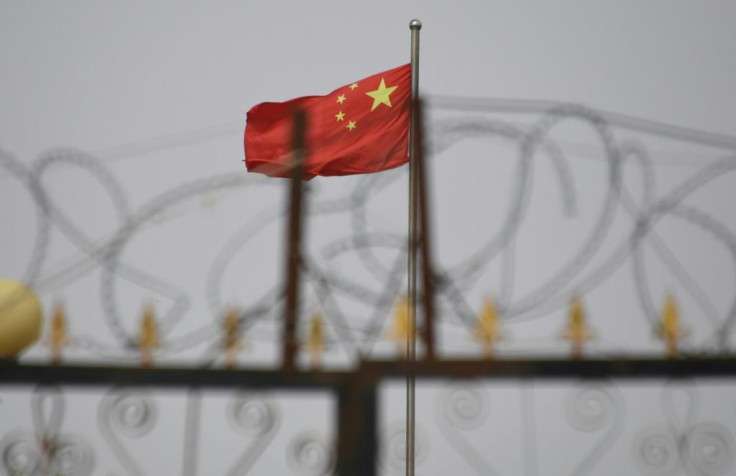
The father of a Chinese dissident has expressed fears for his son's life if he is sent back to China from South Korea, where he is currently being detained.
The 35-year-old man, identified as Kwon Pyonghad, had been campaigning against human rights abuses in China for years. He fled China for South Korea on August 16 this year.
He has been charged with violating the Immigration Control Act. A court in South Korea will be holding a hearing on his case on Thursday, and will decide if he should be sent back to China or not.
Kwon has pleaded guilty and appealed for leniency. The South Korean prosecutors have requested a sentence of two and a half years.
Meanwhile, his father, Quan He, has urged the South Korean government not to send him back. "He would die if he went back [to China]," he said in an interview with The Guardian. Kwon studied aerospace engineering at a university in the United States. After returning from the US, he worked for a family business.
In August, Chinese dissident Kwon Pyong made headlines (and waves) by jetskiing from China to South Korea.
— Amy Hawkins (@amyhawk_) November 22, 2023
But rather than finding freedom, he was arrested + faces more than 2 years in jail, an extraordinarily harsh sentence.
Now his family have spoken out for the first time… pic.twitter.com/YHUi2M1hNn
Over the next few years, he began to criticise the Chinese government and would often put anti-government posts on social media platforms. His father claims that he had a lot of complaints with the Chinese political system.
He added that Kwon was eventually placed under an exit ban. "He could not go abroad at all. He'd lived abroad before and wanted to return again to a country where there is more freedom."
He further stated that his son is "a young person, and he desires freedom. I really hope that the Korean government can give him a way to live".
How did he flee China?
Kwon fled China on a jet ski and carried several barrels of fuel, a helmet, binoculars, and a compass.
He was caught near Incheon, on South Korea's west coast, after the jet ski he fled on got stuck in mud flats. He reportedly travelled from Shandong province in eastern China, which lies around 250 miles across the Yellow Sea from Incheon.
Kwon called an emergency helpline after he got stuck on the muddy shore. He was later taken into custody by Incheon prosecutors. Dialogue China, a group founded by Chinese activists, said that Kwon had been critical of the Chinese government for years and that is what landed him in trouble.
He also took part in Hong Kong's 2014 pro-democracy protests and spoke out against human rights violations on social media.
According to Front Line Defenders, an NGO working for the welfare of human rights activists, Kwon once served an 18-month prison term for wearing a t-shirt mocking Chinese President Xi Jinping. The t-shirt was printed with several names for Xi Jinping, including "Xitler." He was eventually released in 2018.
"He has spoken out against the 1989 Tiananmen Massacre and the more recent persecution of dispossessed residents of China's Wukan village," reads his profile available on Front Line Defenders' website.
Lee Dae-seon, a pro-democracy activist based in South Korea, said that Kwon had no option but to flee communist China as he was banned from leaving China for the next 99 years. He added that Kwon's family had also moved to South Korea.
China is known to have imprisoned several people for their alleged involvement in political activities or for taking part in Taiwan or Hong Kong freedom movements. It considers Taiwan its renegade province, and it has never used force to take back Taiwan.
However, not many Chinese activists defect to Taiwan, as the communist country is strict about its citizens secretly leaving the country. Last year, a report claimed that China had set up more than 50 unofficial police "offices" in several countries across Europe to clamp down on its dissidents.







